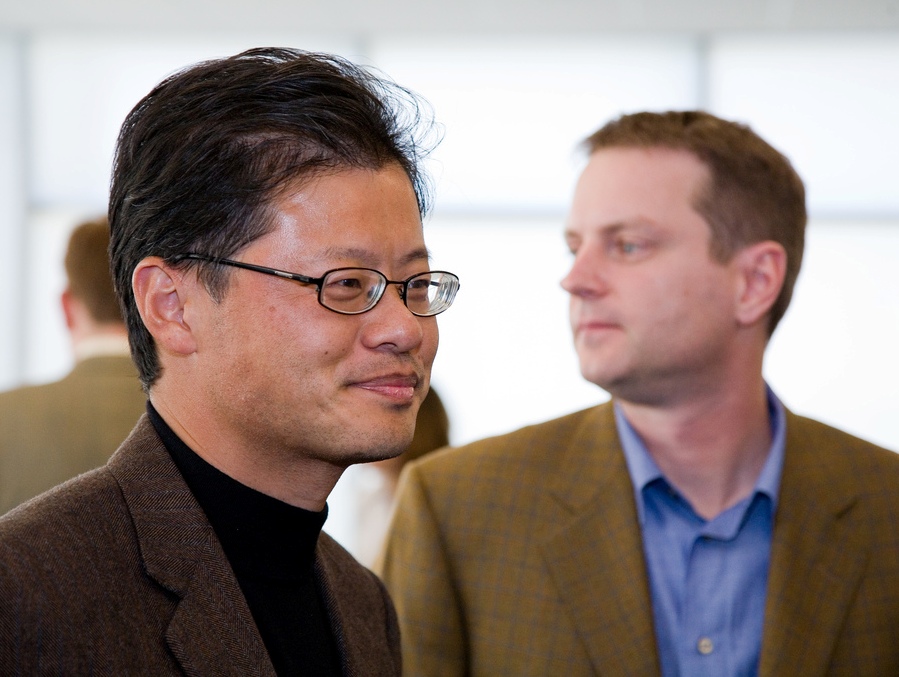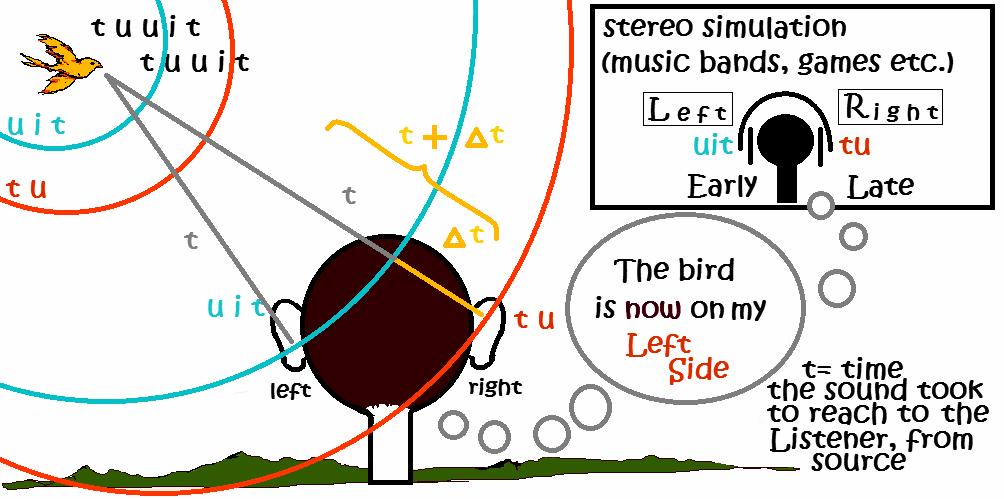|
Autumn Almanac
"Autumn Almanac" is a song written by Ray Davies and recorded by the rock group the Kinks in 1967. "Autumn Almanac" has since been noted for being an "absolute classic", "a finely observed slice of English custom", and a "weird character study", and praised for its "mellow, melodic sound that was to characterize the Kinks' next usicalphase..." Some have placed this and other Davies compositions in the pastoral- Romantic tradition of the poetry of Wordsworth, among others. In his 1995 autobiography ''X-Ray'' and in subsequent performances of his ''VH1 Storytellers'' effort, Davies described the song as being inspired by a local hunch-backed gardener in his native Muswell Hill neighbourhood of North London. "Autumn Almanac" was a non-album single in between 1967's ''Something Else by the Kinks'' and 1968's '' The Kinks Are the Village Green Preservation Society''. The song was a big success in the UK, reaching #3 on the singles chart, but not in the US, where it failed to chart ... [...More Info...] [...Related Items...] OR: [Wikipedia] [Google] [Baidu] |
The Kinks
The Kinks were an English rock band formed in Muswell Hill, north London, in 1963 by brothers Ray and Dave Davies. They are regarded as one of the most influential rock bands of the 1960s. The band emerged during the height of British rhythm and blues and Merseybeat, and were briefly part of the British Invasion of the United States until their touring ban in 1965. Their third single, the Ray Davies-penned "You Really Got Me", became an international hit, topping the charts in the United Kingdom and reaching the Top 10 in the United States. The Kinks' music drew from a wide range of influences, including American R&B and rock and roll initially, and later adopting British music hall, folk, and country. The band gained a reputation for reflecting English culture and lifestyle, fuelled by Ray Davies' wittily observational writing style, and made apparent in albums such as '' Face to Face'' (1966), '' Something Else'' (1967), ''The Village Green Preservation Society'' (1968), ... [...More Info...] [...Related Items...] OR: [Wikipedia] [Google] [Baidu] |
Something Else By The Kinks
''Something Else by the Kinks'', often referred to simply as ''Something Else'', is the fifth UK studio album by the Kinks, released in September 1967. The album continued the Kinks' trend toward an eccentric baroque pop and music hall-influenced style defined by Ray Davies' observational and introspective lyrics. It also marks the final involvement of American producer Shel Talmy in the Kinks' 1960s studio recordings; henceforth Ray Davies would produce the group's recordings. Many of the songs feature the keyboard work of Nicky Hopkins and the backing vocals of Davies's wife, Rasa. The album was preceded by the singles "Waterloo Sunset", one of the group's most acclaimed songs, and the Dave Davies solo record "Death of a Clown", both of which charted in the UK top 3. Though it contained two major European hits and earned positive notices from the music press in both the UK and US, ''Something Else'' sold poorly and became the Kinks' lowest-charting album in both countries at th ... [...More Info...] [...Related Items...] OR: [Wikipedia] [Google] [Baidu] |
Mick Avory
Michael Charles Avory (born 15 February 1944) is an English musician, best known as the longtime drummer and percussionist for the English rock band the Kinks. He joined them shortly after their formation in 1964 and remained with them until 1984, when he left amid creative friction with guitarist Dave Davies. He is the longest-serving member of the band, apart from the Davies brothers. He is also the most prolific member, again apart from the Davies brothers, who has played on twenty studio albums or nearly all of the band's creative output. Before the band (1962–63) Before he joined the Kinks, Avory was a member of the band Bobby Angelo & The Tuxedos who had a No. 30 hit with "Baby Sittin'" in August 1961. After leaving that group, he was asked twice to rehearse on drums at the Bricklayers Arms pub in London during late May/early June 1962 for a group of musicians who were later to become the Rolling Stones. It has been said that he also went on to play at their first show at T ... [...More Info...] [...Related Items...] OR: [Wikipedia] [Google] [Baidu] |
Pete Quaife
Peter Alexander Greenlaw Quaife (born Kinnes; 31 December 1943 – 23 June 2010) was an English musician, artist and author. He was a founding member and the original bass guitarist for the Kinks, from 1963 until 1969. He also sang backing vocals on some of their records. Quaife founded a group known as the Ravens in 1963 with brothers Ray and Dave Davies. In late 1963 or early 1964, they changed their name to the Kinks. The group scored several major international hits throughout the 1960s. Their early singles, including "You Really Got Me" and " All Day and All of the Night", have been cited as an early influence on the hard rock and heavy metal genres. In the band's early days, Quaife, who was generally regarded as the best-looking member, was often their spokesman. He departed from the Kinks in 1969 and formed the band Mapleoak, which he left in April 1970. After retiring from the music business, Quaife resided in Denmark throughout the 1970s. He relocated to Belleville, ... [...More Info...] [...Related Items...] OR: [Wikipedia] [Google] [Baidu] |
Dave Davies
David Russell Gordon Davies (born 3 February 1947) is an English guitarist, singer and songwriter. He was the lead guitarist and backing vocalist for the English rock band the Kinks, which also featured his elder brother Ray Davies. He was inducted into the Rock and Roll Hall of Fame in 1990 as a member of the Kinks. Davies is prolific with his innovative nature on the electric guitar, specifically in being one of the first to utilize electric guitar distortion and exposing the effect to the mainstream. His signature distorted power chord riffs on songs would heavily influence future heavy metal and punk rock acts. In 2003, Davies was ranked 91st in ''Rolling Stone'' ''Magazines list of the " 100 Greatest Guitarists of All Time". Early life David Russell Gordon Davies was born at 6 Denmark Terrace, Muswell Hill, North London. He was born the last of eight children, including six elder sisters and an elder brother, later bandmate Ray. As children, the Davies brothers were im ... [...More Info...] [...Related Items...] OR: [Wikipedia] [Google] [Baidu] |
Dead End Street (song)
"Dead End Street" is a song by the British band the Kinks from 1966, written by main songwriter Ray Davies. Like many other songs written by Davies, it is to some degree influenced by British Music Hall. The bass playing was partly inspired by the "twangy" sound of Duane Eddy's guitar. It was originally released as a non-album single, but has since been included as one of several bonus tracks from the '' Face to Face'' CD. The song, like many others by the group, deals with the poverty and misery found in the lower classes of English society. Background According to Ray Davies, the lyrics are about a couple that want to emigrate to Australia under the Assisted Passage Migration Scheme but when that fell through they could not get a job. Describing the song in his 1996 autobiography, ''Kink'', Dave Davies said: "'Dead End Street' was the epitome, to me, of what the Kinks were all about. A song full of character, pathos, yet containing an underlying sense of hope. Reflecting a ... [...More Info...] [...Related Items...] OR: [Wikipedia] [Google] [Baidu] |
Yahoo!
Yahoo! (, styled yahoo''!'' in its logo) is an American web services provider. It is headquartered in Sunnyvale, California and operated by the namesake company Yahoo Inc., which is 90% owned by investment funds managed by Apollo Global Management and 10% by Verizon Communications. It provides a web portal, search engine Yahoo Search, and related services, including My Yahoo!, Yahoo Mail, Yahoo News, Yahoo Finance, Yahoo Sports and its advertising platform, Yahoo! Native. Yahoo was established by Jerry Yang and David Filo in January 1994 and was one of the pioneers of the early Internet era in the 1990s. However, usage declined in the late 2000s as some services discontinued and it lost market share to Facebook and Google. History Founding In January 1994, Yang and Filo were electrical engineering graduate students at Stanford University, when they created a website named "Jerry and David's guide to the World Wide Web". The site was a human-edited web directory, or ... [...More Info...] [...Related Items...] OR: [Wikipedia] [Google] [Baidu] |
The Kink Kronikles
''The Kink Kronikles'' is a compilation double album by the Kinks, released on Reprise Records in 1972, after the band had signed with RCA Records in 1971. It contains thirteen non-album singles, fourteen tracks taken from five albums released by the band from 1966 to 1971 (including the UK-only ''Percy''), and one track previously unreleased. Designed specifically for the American market, it peaked at No. 94 on the Billboard 200. The single versions and mixes were not necessarily used for each track. Content After the Kinks failed to renew their American distribution contract with Reprise, the label assembled this compilation without input from the band. Instead, Reprise invited rock journalist and noted Kinks fan John Mendelsohn to compile this package, ignoring the band's early trademark hits already appearing on ''The Kinks Greatest Hits!''. Mendelsohn also contributed the liner notes. The album contains all five singles that charted on the Billboard Hot 100 during the ti ... [...More Info...] [...Related Items...] OR: [Wikipedia] [Google] [Baidu] |
Fade (audio Engineering)
In audio engineering, a fade is a gradual increase or decrease in the level of an audio signal. The term can also be used for film cinematography or theatre lighting in much the same way (see fade (filmmaking) and fade (lighting)). A recorded song may be gradually reduced to silence at its end (fade-out), or may gradually increase from silence at the beginning (fade-in). Fading-out can serve as a recording solution for pieces of music that contain no obvious ending. Both fades and crossfades are very valuable since they allow the engineer to quickly and easily make sure that the beginning and the end of any audio is smooth, without any prominent glitches.Langford, S. 2014. Digital Audio Editing. Burlington: Focal Press. pp. 47-57. It is necessary that there is a clear section of silence prior to the audio. Fade-ins and -outs can also be used to change the characteristics of a sound, such as to soften the attack in vocals where very plosive (‘b’, ‘d’, and ‘p’) s ... [...More Info...] [...Related Items...] OR: [Wikipedia] [Google] [Baidu] |
Tape Loop
In music, tape loops are loops of magnetic tape used to create repetitive, rhythmic musical patterns or dense layers of sound when played on a tape recorder. Originating in the 1940s with the work of Pierre Schaeffer, they were used among contemporary composers of 1950s and 1960s, such as Éliane Radigue, Steve Reich, Terry Riley, and Karlheinz Stockhausen, who used them to create phase patterns, rhythms, textures, and timbres. Popular music authors of 1960s and 1970s, particularly in psychedelic, progressive and ambient genres, used tape loops to accompany their music with innovative sound effects. In the 1980s, analog audio and tape loops with it gave way to digital audio and application of computers to generate and process sound. Description In a tape loop, a section of magnetic tape is cut and spliced end-to-end, creating a circle or loop which can be played continuously, usually on a reel-to-reel tape recorder, making the sound repeat endlessly. Simultaneous playing o ... [...More Info...] [...Related Items...] OR: [Wikipedia] [Google] [Baidu] |
Psychedelic Music
Psychedelic music (sometimes called psychedelia) is a wide range of popular music styles and genres influenced by 1960s psychedelia, a subculture of people who used psychedelic drugs such as LSD, psilocybin mushrooms, mescaline, and cannabis to experience synesthesia and altered states of consciousness. Psychedelic music may also aim to enhance the experience of using these drugs and has been found to have a significant influence on psychedelic therapy. Psychedelia embraces visual art, movies, and literature, as well as music. Psychedelic music emerged during the 1960s among folk and rock bands in the United States and the United Kingdom, creating the subgenres of psychedelic folk, psychedelic rock, acid rock, and psychedelic pop before declining in the early 1970s. Numerous spiritual successors followed in the ensuing decades, including progressive rock, krautrock, and heavy metal. Since the 1970s, revivals have included psychedelic funk, neo-psychedelia, and stoner rock as ... [...More Info...] [...Related Items...] OR: [Wikipedia] [Google] [Baidu] |
Stereophonic
Stereophonic sound, or more commonly stereo, is a method of sound reproduction that recreates a multi-directional, 3-dimensional audible perspective. This is usually achieved by using two independent audio channels through a configuration of two loudspeakers (or stereo headphones) in such a way as to create the impression of sound heard from various directions, as in natural hearing. Because the multi-dimensional perspective is the crucial aspect, the term ''stereophonic'' also applies to systems with more than two channels or speakers such as quadraphonic and surround sound. Binaural sound systems are also ''stereophonic''. Stereo sound has been in common use since the 1970s in entertainment media such as broadcast radio, recorded music, television, video cameras, cinema, computer audio, and internet. Etymology The word ''stereophonic'' derives from the Greek (''stereós'', "firm, solid") + (''phōnḗ'', "sound, tone, voice") and it was coined in 1927 by Western El ... [...More Info...] [...Related Items...] OR: [Wikipedia] [Google] [Baidu] |







